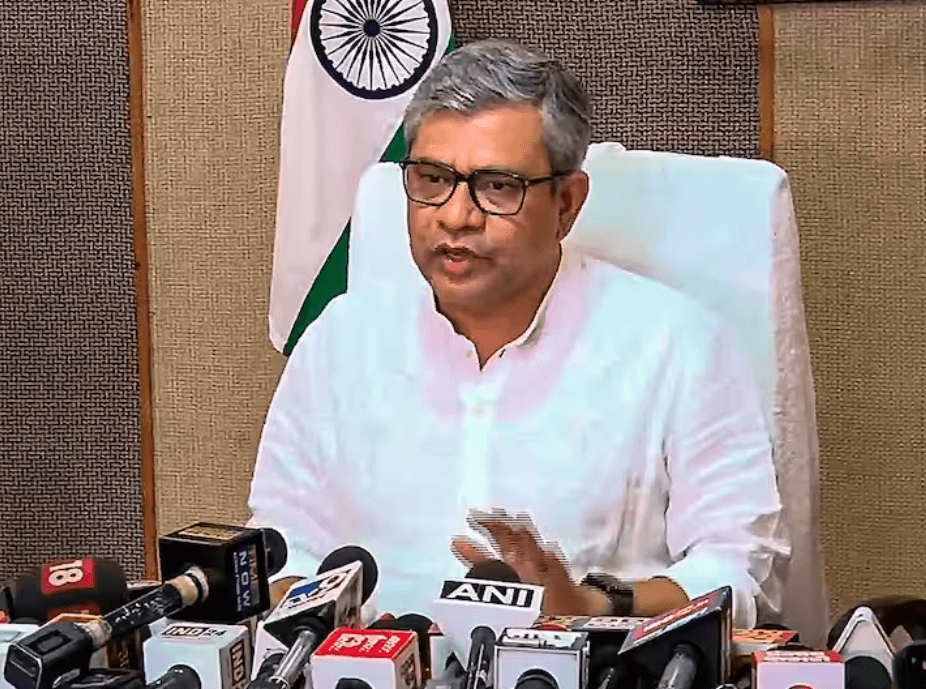Alarmed by the proliferation of deepfakes, the Indian government plans to formulate new rules to tackle the AI-enabled impersonation videos that are threatening privacy and spreading misinformation online.

At a meeting with social media firms on Thursday, IT Minister Ashwini Vaishnaw stated that specific regulations are on the anvil to detect, prevent, and raise awareness about deepfakes – a disruptive technological challenge.
The policy formulation comes on the heels of high-profile Indian personalities like Katrina Kaif and PM Modi himself being targeted through fake AI-generated videos and audio. Emphasizing the dangers of deepfakes, PM Modi highlighted global regulatory concerns around AI safety at the recent G20 summit.
Minister Vaishnaw announced that over the next 10 days, stakeholders will finalize precise policy actions to rein in deepfakes, including potential amendments to existing IT rules or new legislation altogether. Regulating Big Tech platforms where such content spreads will be a key thrust area.
Deepfakes represent an ethical dilemma with free speech arguments around parody colliding with privacy violations through impersonation. However, the meeting concluded that malicious deepfakes clearly overstep limits and require firm policy interventions.
Alarm bells have rung louder since the viral Modi deepfake video depicting him dancing at a Navratri event. While it turned out to be an actual Modi lookalike businessman, more sophisticated AI could fuel future impersonation attempts. Critics have also warned of national security threats from high-quality fakes inciting violence or unrest.
As AI democratizes faster than policy evolves, the government realizes the need for urgent rules before deepfakes trigger irreversible damage. With expert inputs on technical safeguards and defining red lines, India hopes its template regulations can inspire global consensus around deepfakes.
